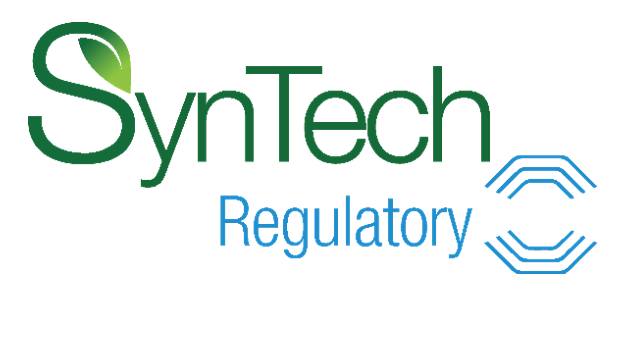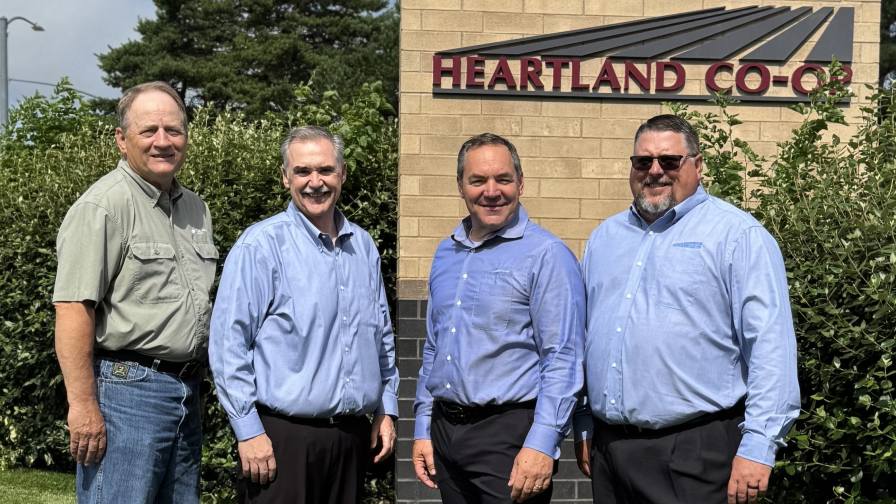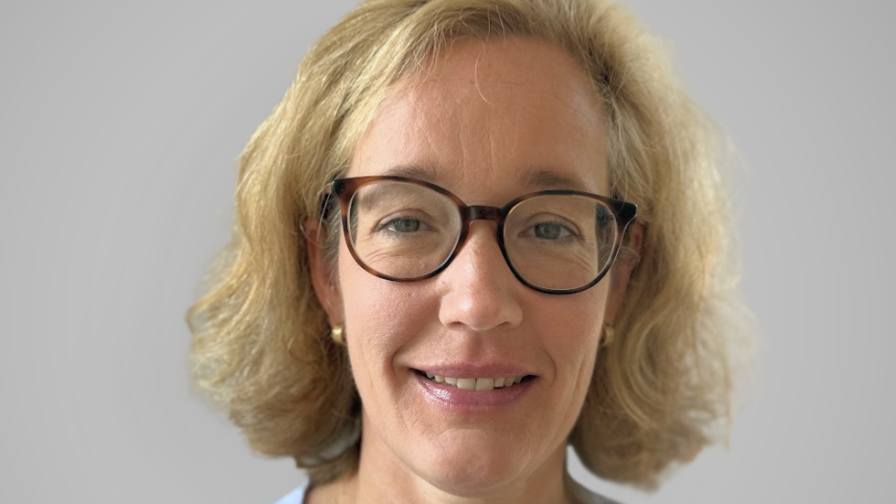Prove You Are Reliable
Dealmaking is an art and a science, and if you are successful at what you do, then you are good at both aspects of it. Science is the data behind what makes you a good fit with a client. The science makes sense by aligning mutual business needs. It is quantifiable, and it often includes product portfolios, logistics, price structures, payment terms and all the other details that go into a contract.
It’s clear that business relationships are composed of countless components, both tangible and intangible, but the most important is probably reliability. More than price or capacity, more than reputation or good payment terms, reliability is the No.1 reason people continue to do business together, according to the State of the Industry Survey we just conducted.
Almost 60% of manufacturers responding to the survey said reliability was the most important attribute in a trading partner, more than any other quality, including price, consistency, payment terms, size and reputation. About one in three said prices were the most important.
So, is reliability part of the art of the deal or part of the science? My feeling is that it is all too often associated with art, but we as businessmen are missing out on the opportunity to make it a science. Reliability consultants are cropping up around manufacturing-based companies. They evaluate the supply chain that supports your business, as well as the facilities and labor force that deliver the final product. They will also conduct client surveys and evaluate the versatility and effectiveness of the management team, as well as the value of the board of directors and other decisionmakers.
The reports generated by these reliability consultants give businesses an opportunity to quantify their reliability instead of forcing prospective clients to rely on their word. Trust is difficult to build in a 30-minute business meeting, and it is critical to determining whether deals get made. There are a lot of good fits for companies in theory, but ultimately people do business with people they can trust and rely on to meet their needs. How nice would it be to show proof of your reliability with an independent study?
This also gives you one less thing to prove when you finally sit down face to face to conduct the art portion of the deal, which almost always happens in person. In an era where anyone can solicit any and all players in an industry through email lists and phone directories, in-person meetings become that much more important to good dealmaking.
Where deals are made
I was pleasantly reminded of this at our last Trade Summit in Nairobi. It was exhilarating to see so many meaningful meetings and deals taking place. The local distribution network that attended was qualified, engaged and impressed by the level of sophistication of exhibitors. One delegate told me: “I had no idea there were this many choices for crop protection, and I had no idea the prices could be this low.”
That combination of engaged buyer and qualified sellers helps to make our Trade Summit a reliable concept in its own right. Our philosophy of events creates a comfortable and intimate environment to connect with quality business partners. We take a lot of the guesswork out of the process for you, so you can concentrate more on the art of the deal.






